Efforts to establish a University of Nevada Rural Family Medicine Residency Program at Banner Churchill Community Hospital are progressing, offering hope for increased access to primary care in Fallon and surrounding rural communities. During a recent presentation to the Fallon City Council, Dr. Tedd McDonald, Dr. Amy McGahey, and Banner CEO Rob Carnahan provided an update on the initiative, outlining its history, challenges, and future trajectory.
Dr. McDonald, a longtime advocate for bringing medical training programs to Churchill County, recalled past attempts to establish a residency program. “Back in 2008, we came very close to having a residency program, short of having the first residents come in. And 2008 hit, and it was considered not to be financially stable at that time,” he stated.
In 2014, Banner Hospital approached the University of Nevada School of Medicine about a residency program but was again deterred by financial constraints. However, recognizing a growing shortage of primary care providers, efforts were revived in 2022 when local stakeholders, including the Churchill County Health Board and tribal representatives, renewed discussions on the need for local medical training.
Now, with increased state and federal funding available to support rural healthcare initiatives, it appears the the variables may be favorable for the program to move forward.
To assess feasibility, the project underwent a rigorous evaluation process, including a Green Evaluation by rural health experts from Utah. The study confirmed a high demand for primary care physicians in Churchill County, alongside sufficient infrastructure at Banner Churchill Community Hospital to support a residency program.
“In November of last year, we had a review by a consulting group looking at the resources available in the hospital and the community—exam rooms, faculty, and support systems,” Dr. McDonald explained. “We were given the advice to move forward.”
Dr. McGahey, a family physician and key leader in the initiative, emphasized the economic and workforce benefits of the program. “A family physician practicing in a community with a hospital brings in about 23 jobs and $1.7 million in economic activity,” she noted. “This program won’t just address healthcare needs—it will contribute to economic stability.”
The proposed residency program will function as a rural track under the University of Nevada School of Medicine’s existing family medicine residency. It will follow a 1+2 model, where first-year residents train in Reno, then complete their final two years in Fallon. This structure allows new physicians to develop long-term relationships with local patients while gaining specialized experience in rural medicine.
Dr. McGahey detailed the program’s importance: “The purpose of those last two years together is that they develop continuity of relationships with their patients. They actually establish a panel of patients that they care for through the rest of their training.”
The goal is to welcome the first cohort of residents in July 2026, with full implementation by July 2027.
A key objective of the program is to increase physician retention in Nevada’s rural areas. Studies show that doctors who train in rural residency programs are significantly more likely to remain in those communities. According to McGahey, 40% of medical students from UNR stay in Nevada after graduation, with 60% of physicians who complete a Nevada residency remain in the state.
“Our first goal is to expand residency programs because that’s how you retain physicians,” said Dr. Paul Hauptman, Dean of the UNR School of Medicine. “We are planning to launch this rural family medicine track alongside new OBGYN and addiction medicine fellowships in 2026.”
Strong community and legislative backing have been instrumental in advancing the initiative. Fallon’s Mayor and City Council members have joined the program’s steering committee, which is currently navigating the credentialing, accreditation, and funding processes.
Additionally, the Nevada Association of Human Services Administrators has included the program in its legislative agenda, advocating for increased funding for Graduate Medical Education (GME) programs statewide. The governor has expressed support for doubling the state’s GME budget, which could directly benefit Fallon’s program.
While momentum for the program is strong, housing for residents remains a critical concern. “We need to make sure we have affordable housing for these residents,” Dr. McGahey stressed. “They will need to live close to the hospital to meet their training requirements.”
In addition, recruiting faculty physicians to train and mentor residents is another challenge. However, several Fallon-based family physicians have committed to teaching, providing a solid foundation for program development.
The success of Fallon’s program could serve as a model for other rural areas in Nevada. “If we can make this work in Fallon, we can expand to other rural communities in need,” Dr. McGahey said. “We see this as the beginning of something bigger.”
.png)

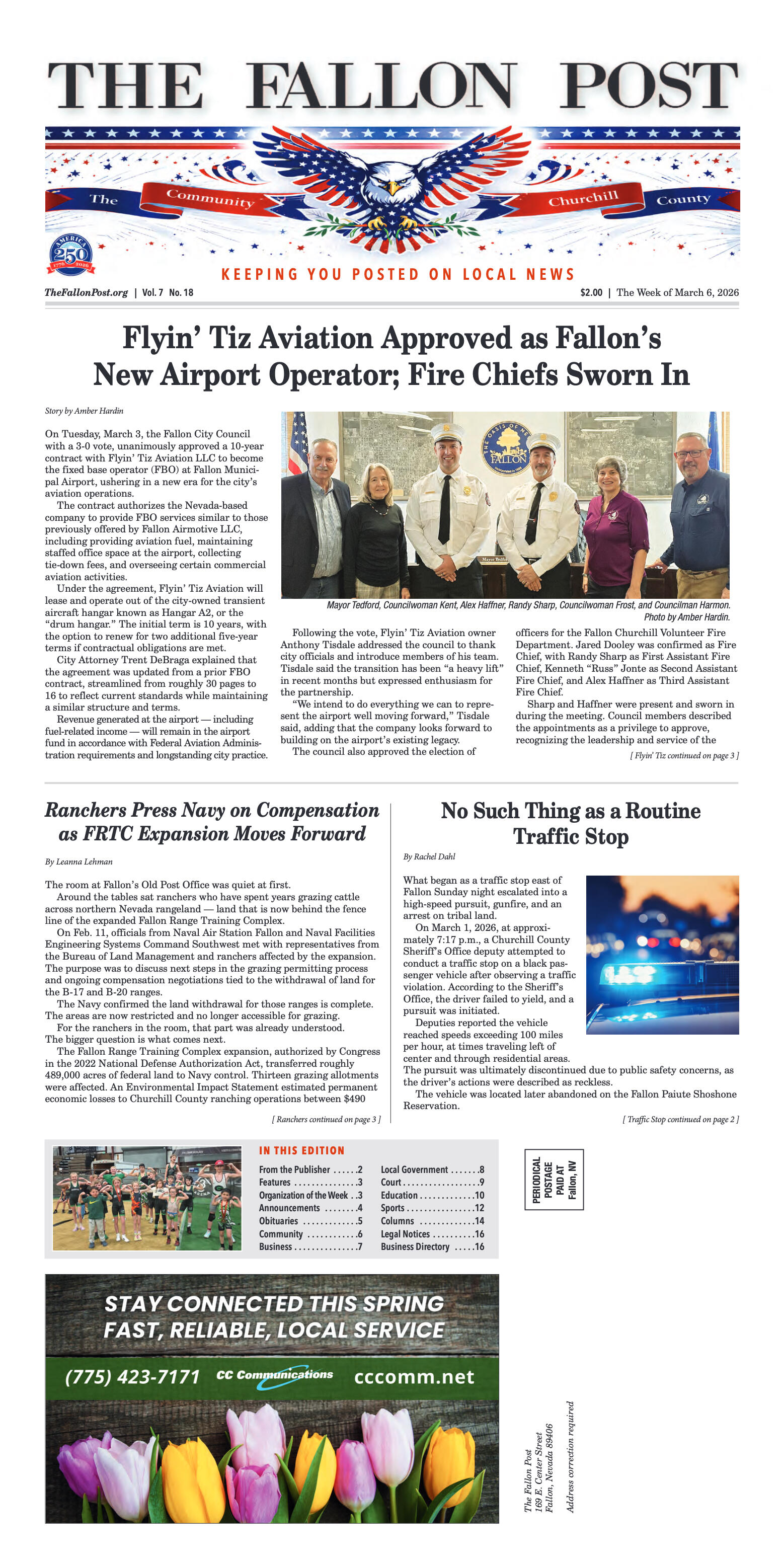
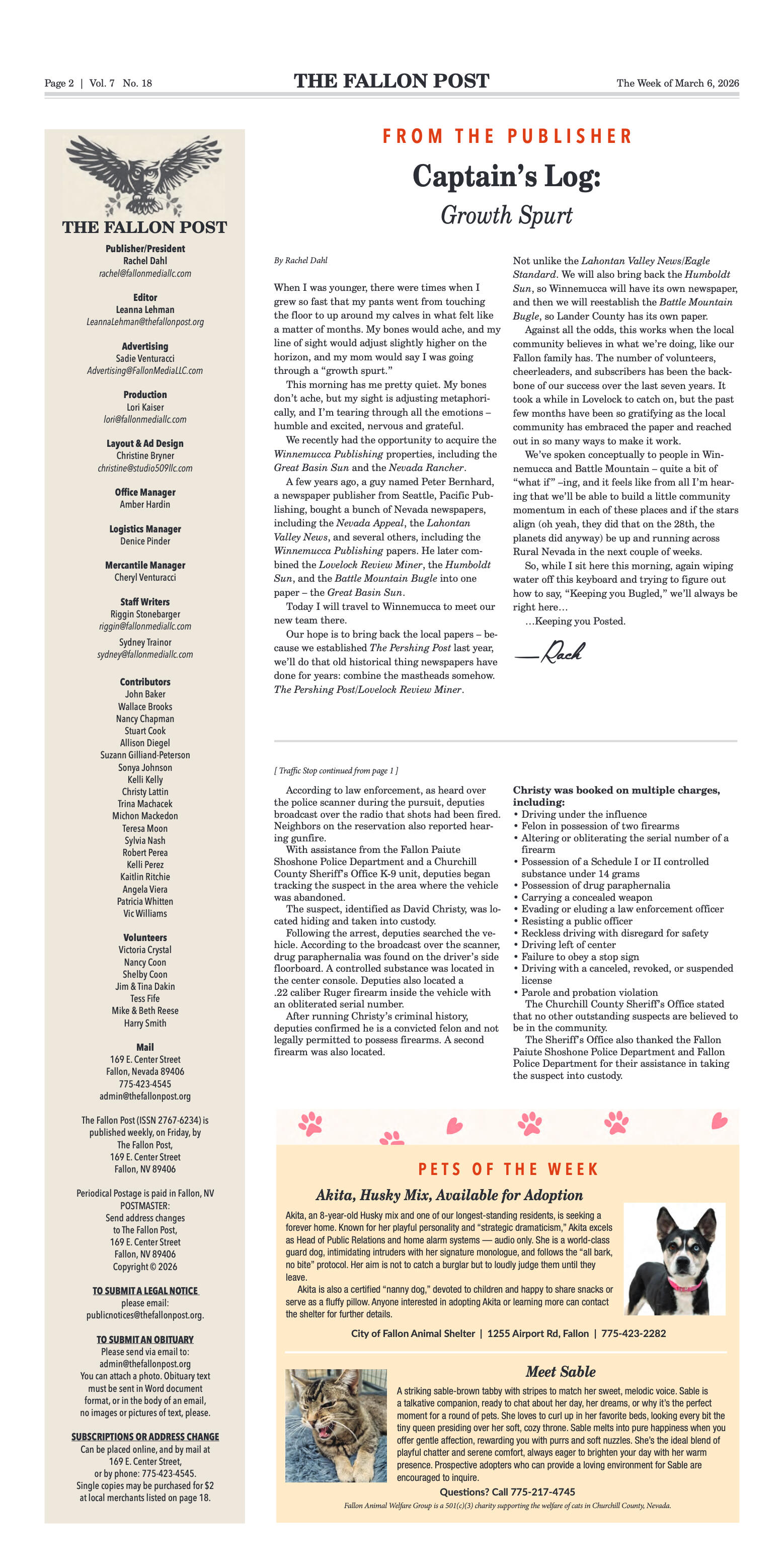
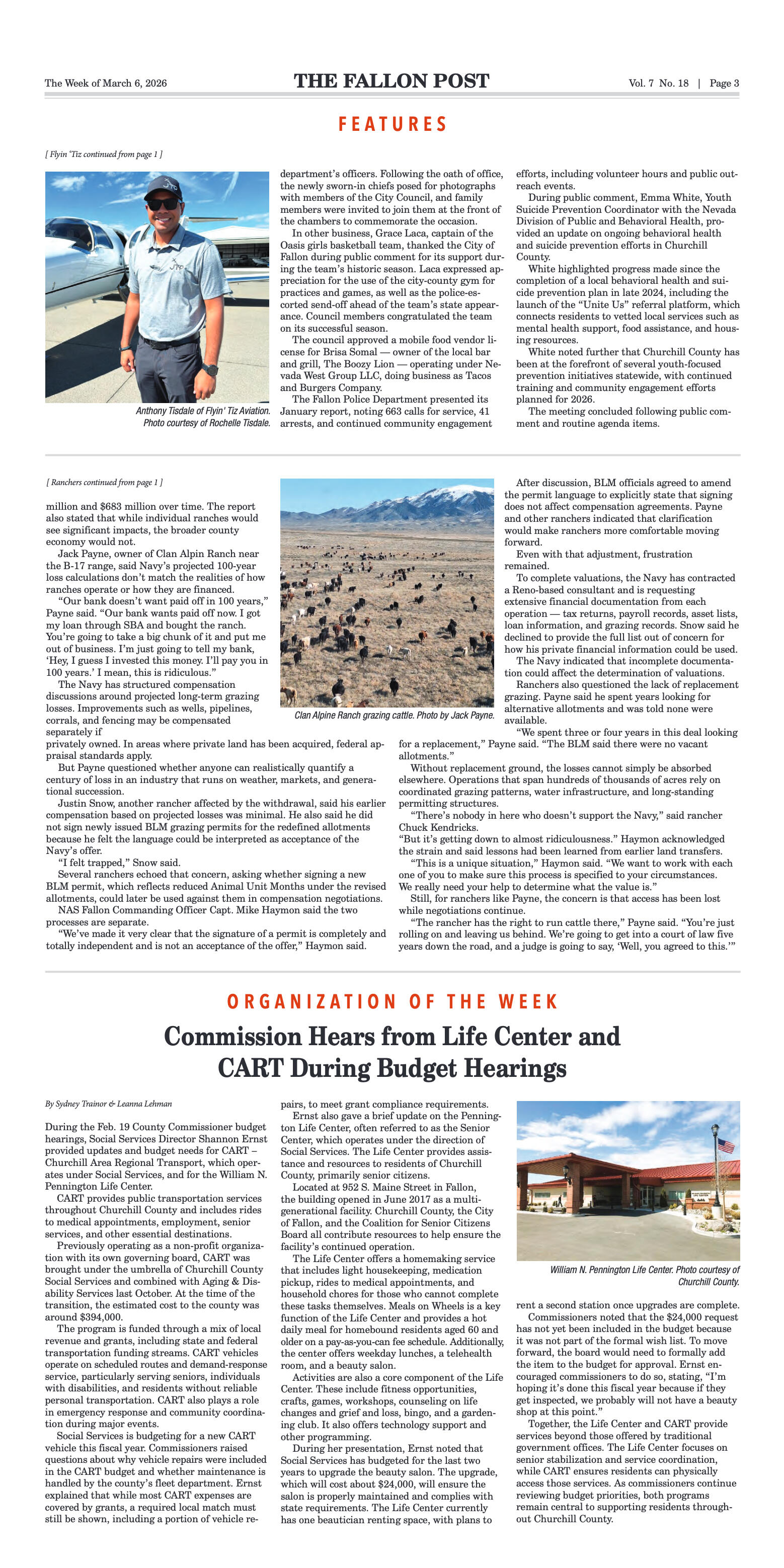
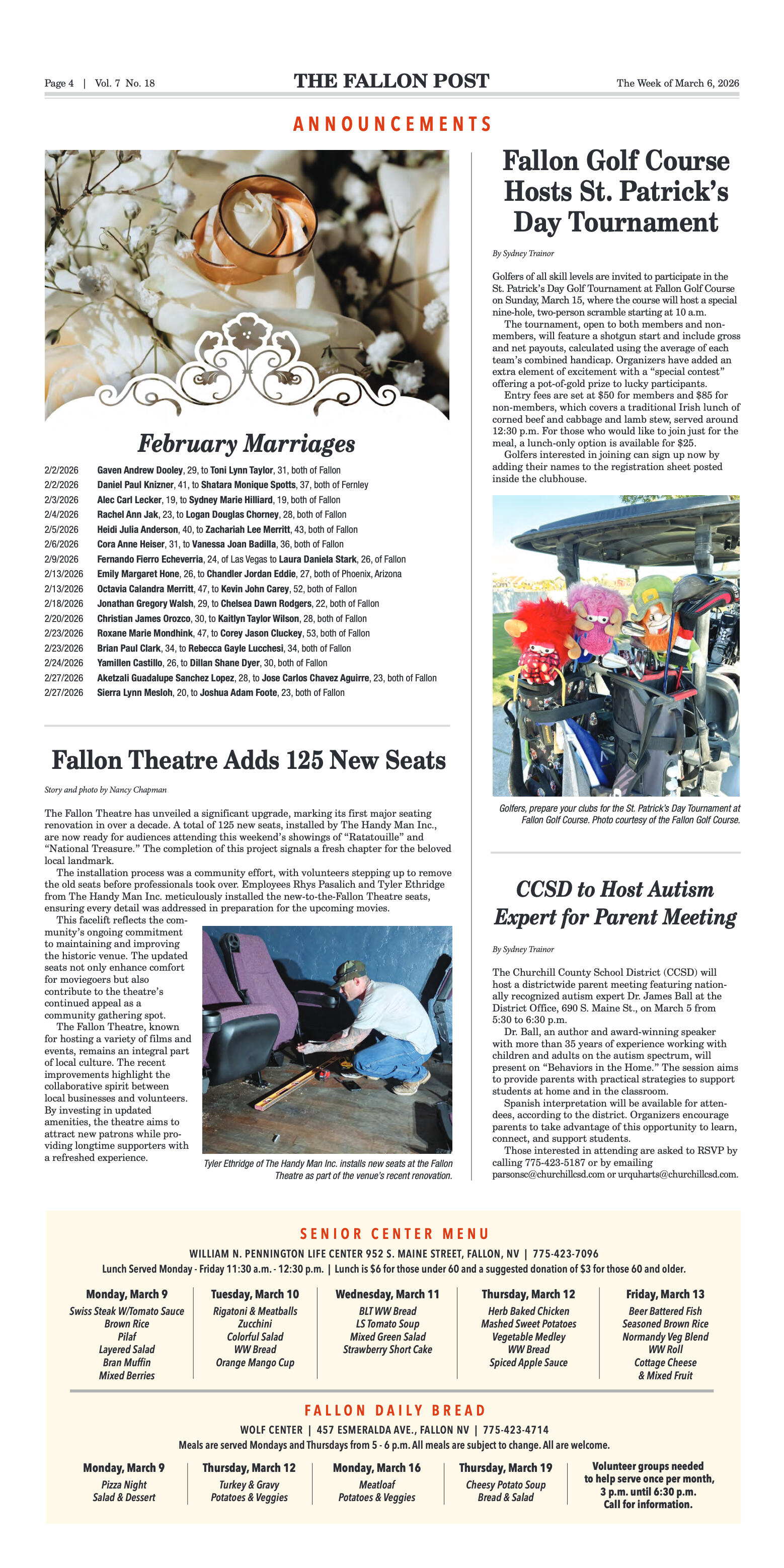
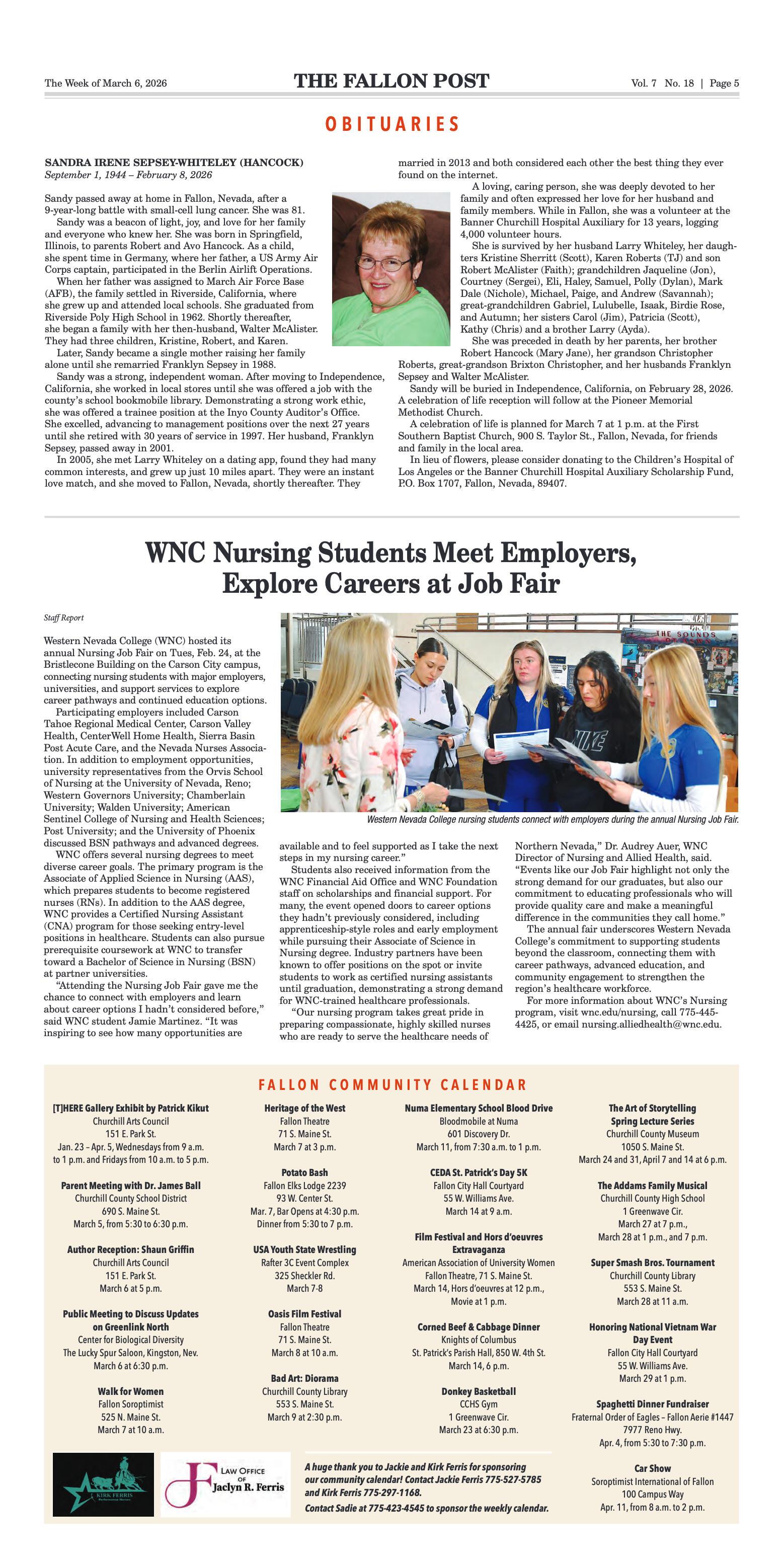
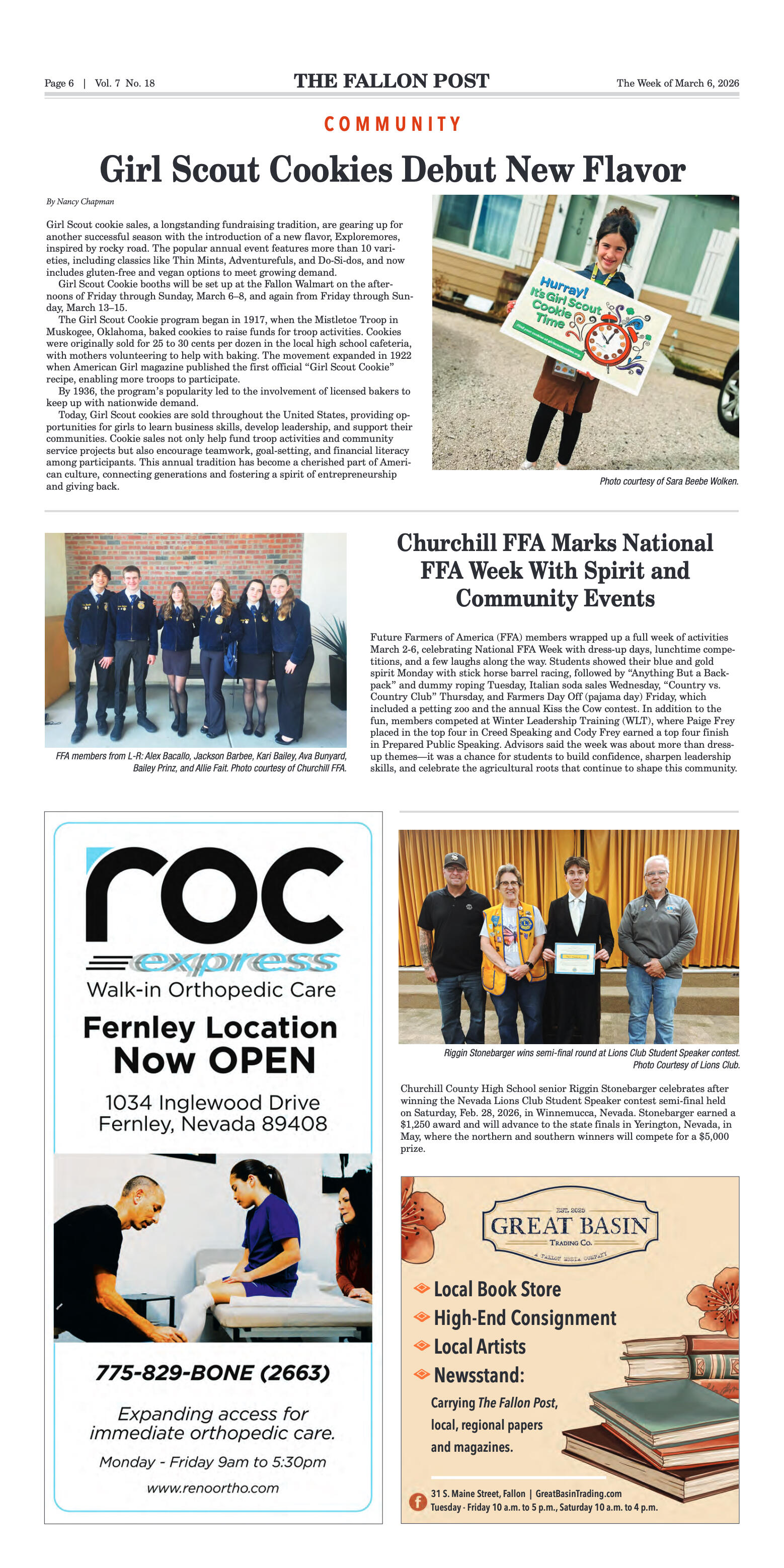

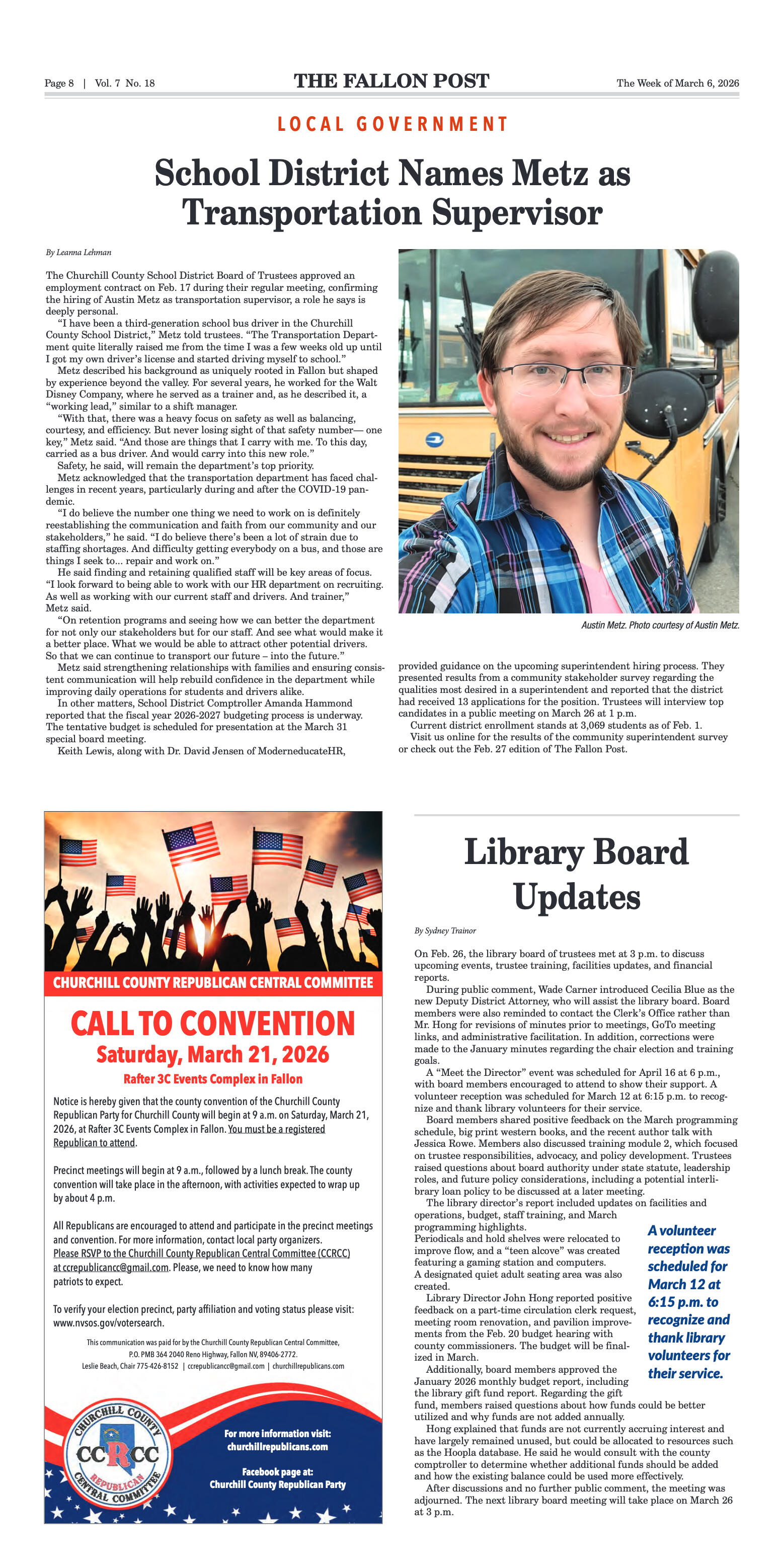
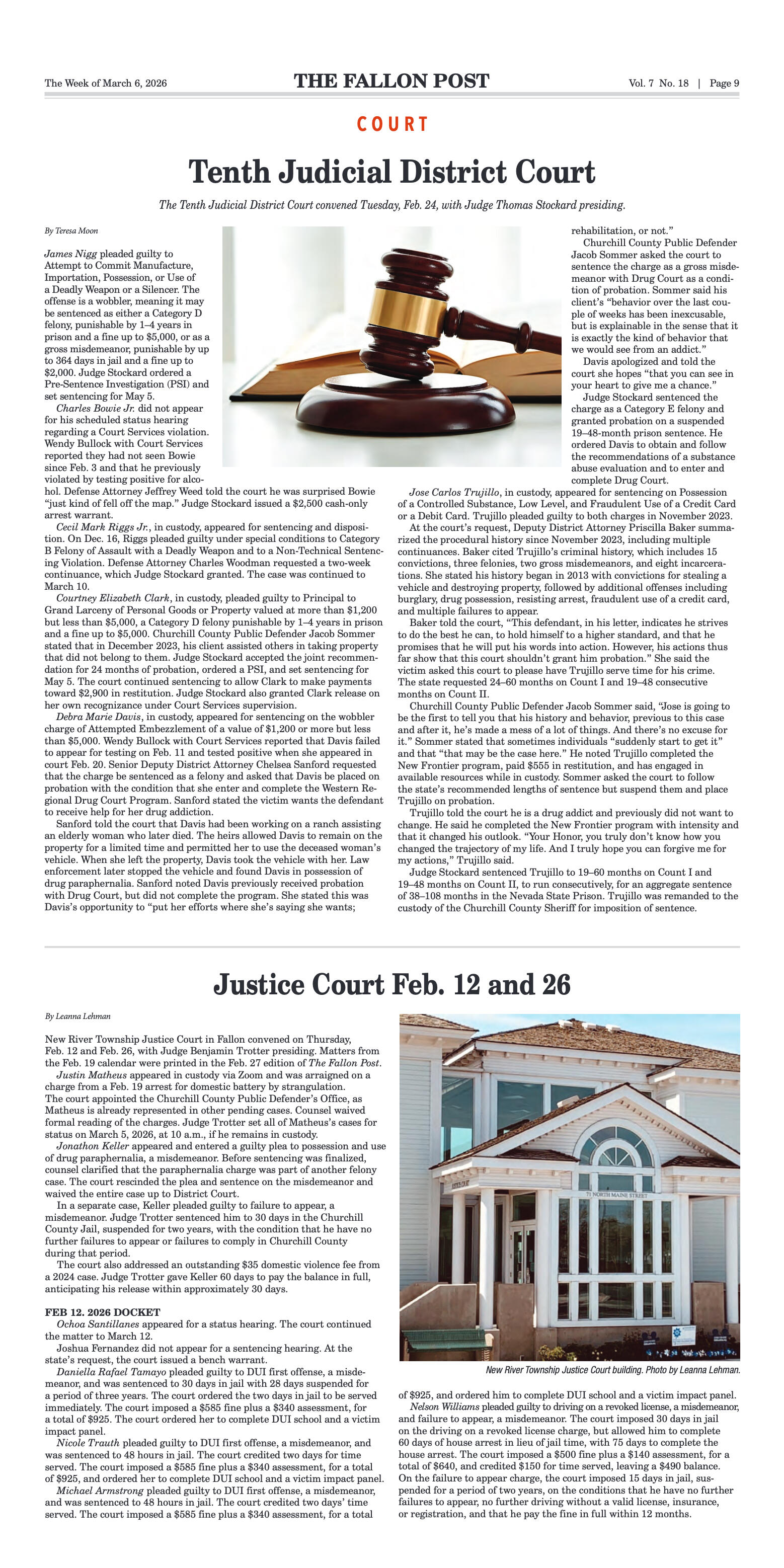
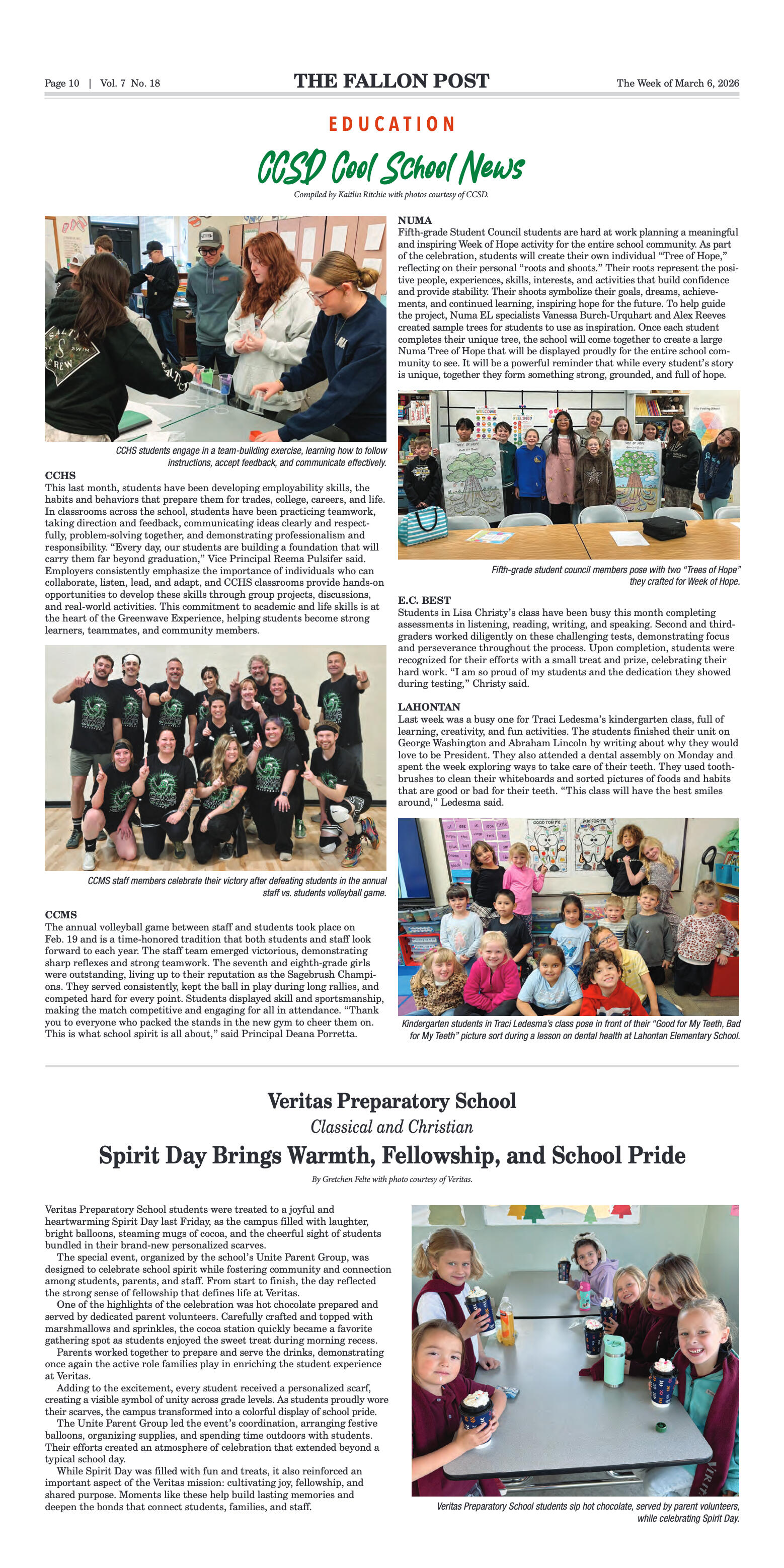
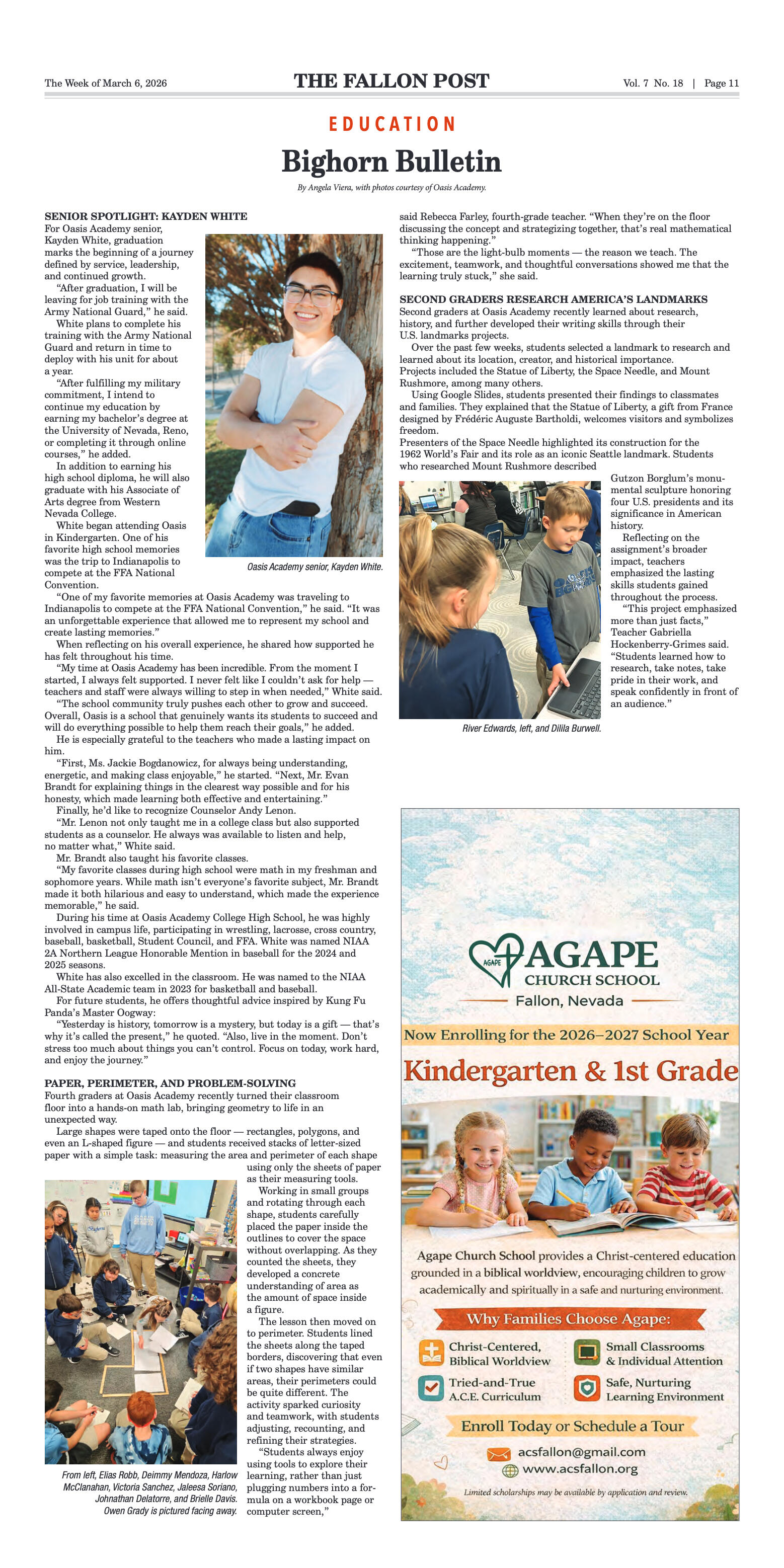

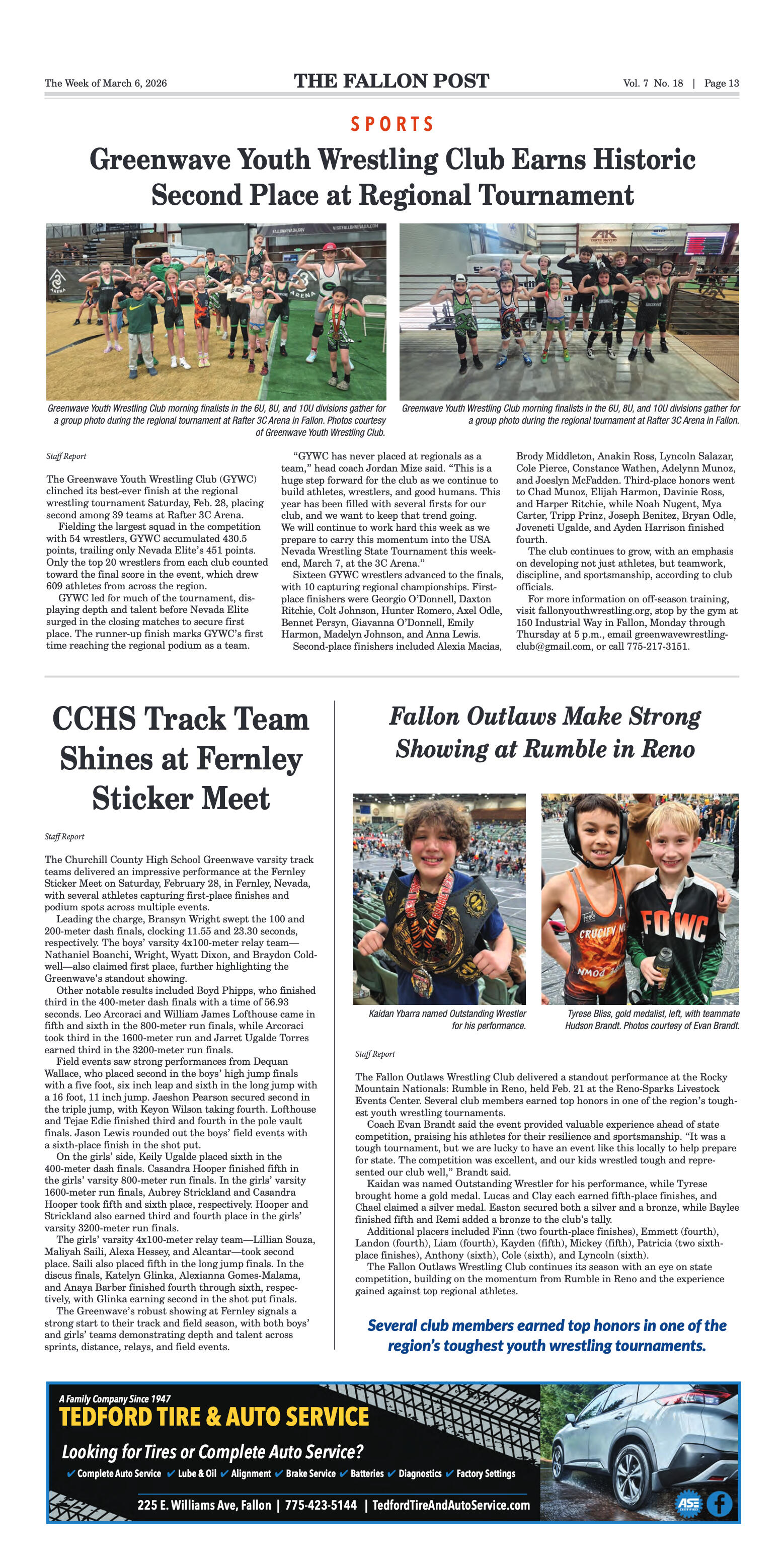
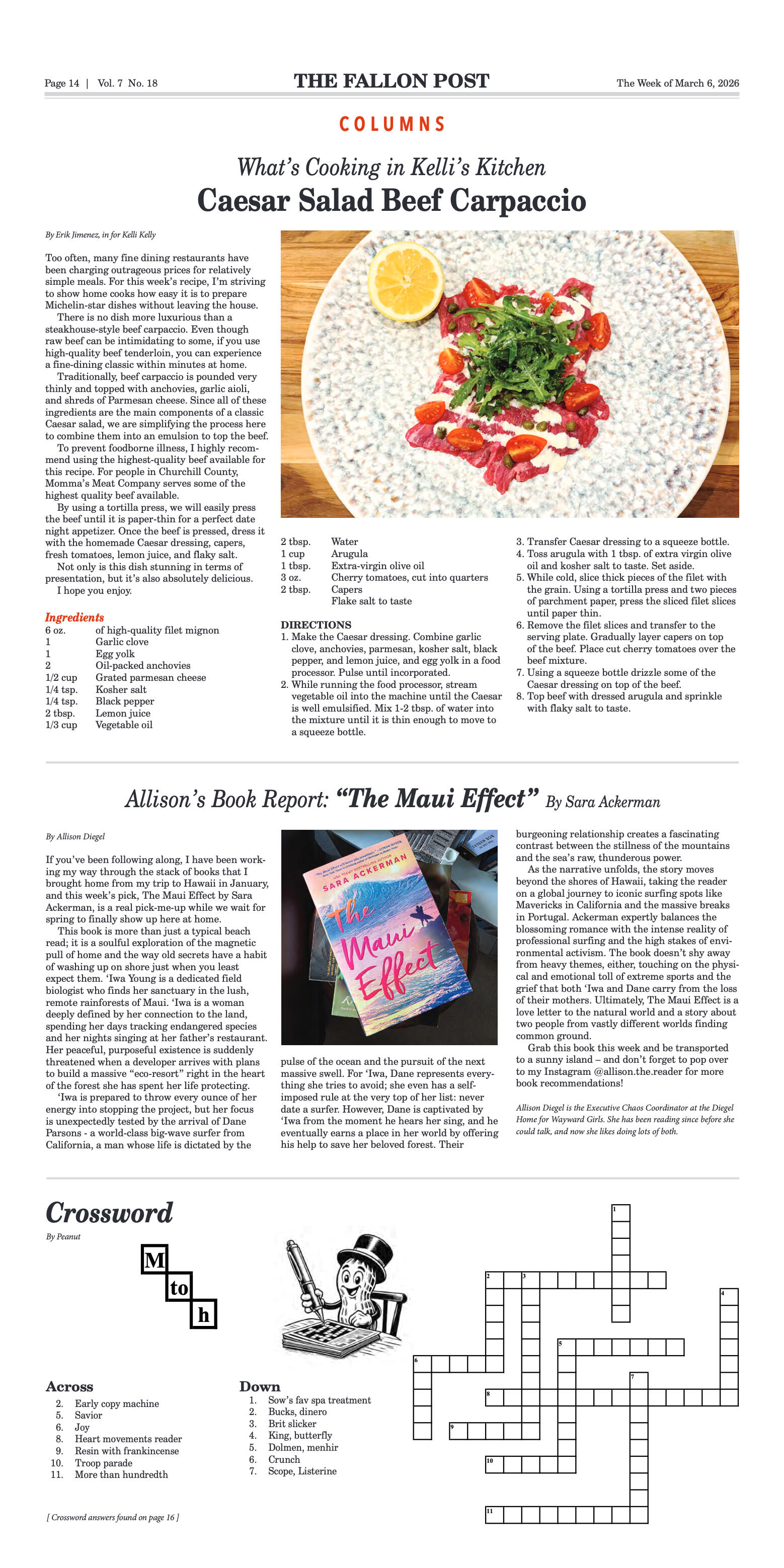
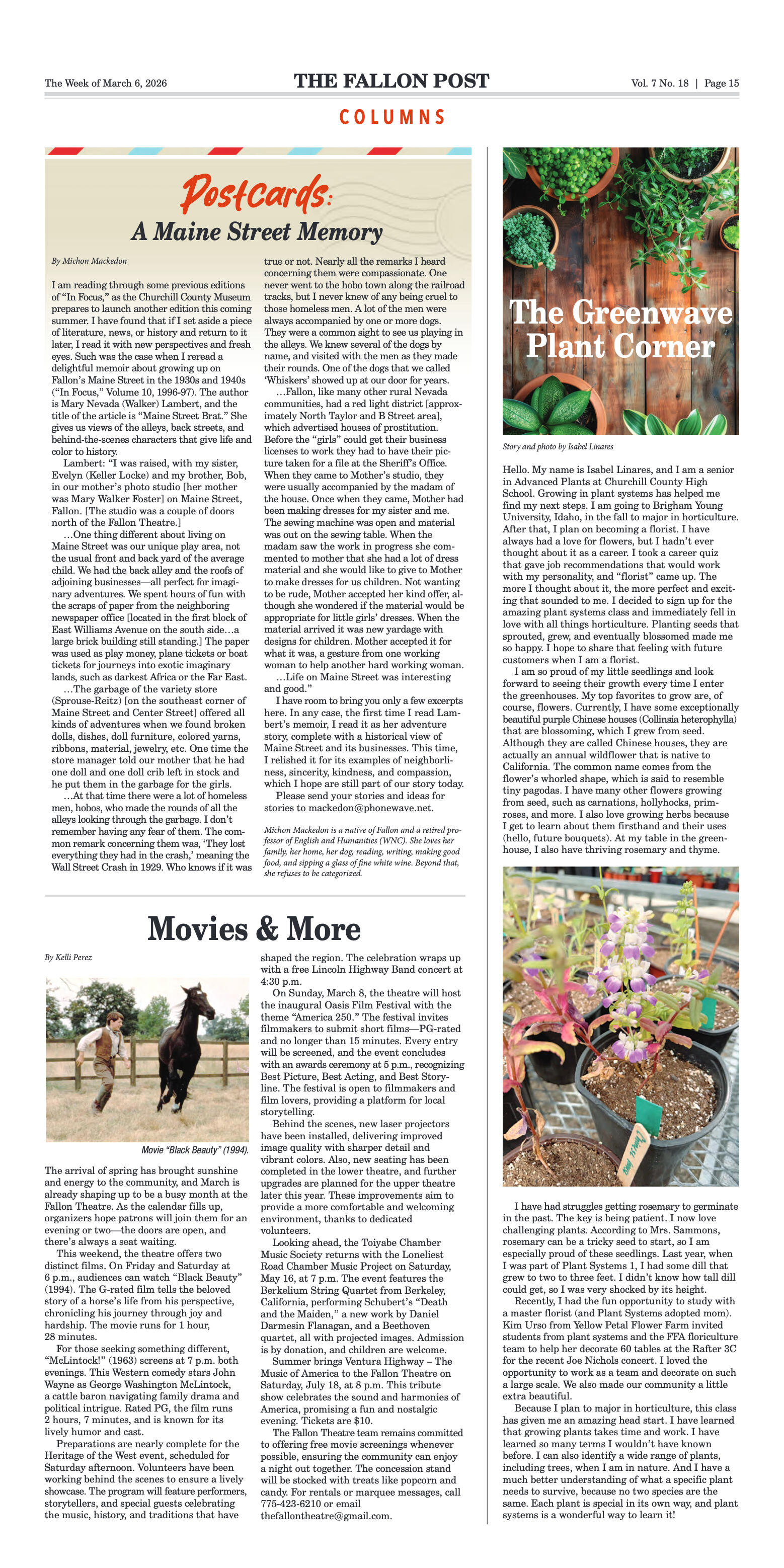






















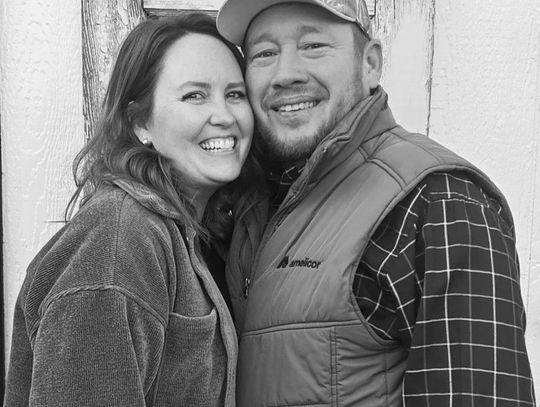

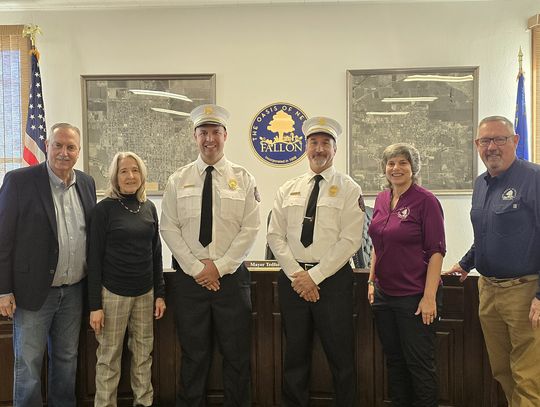


Comment
Comments